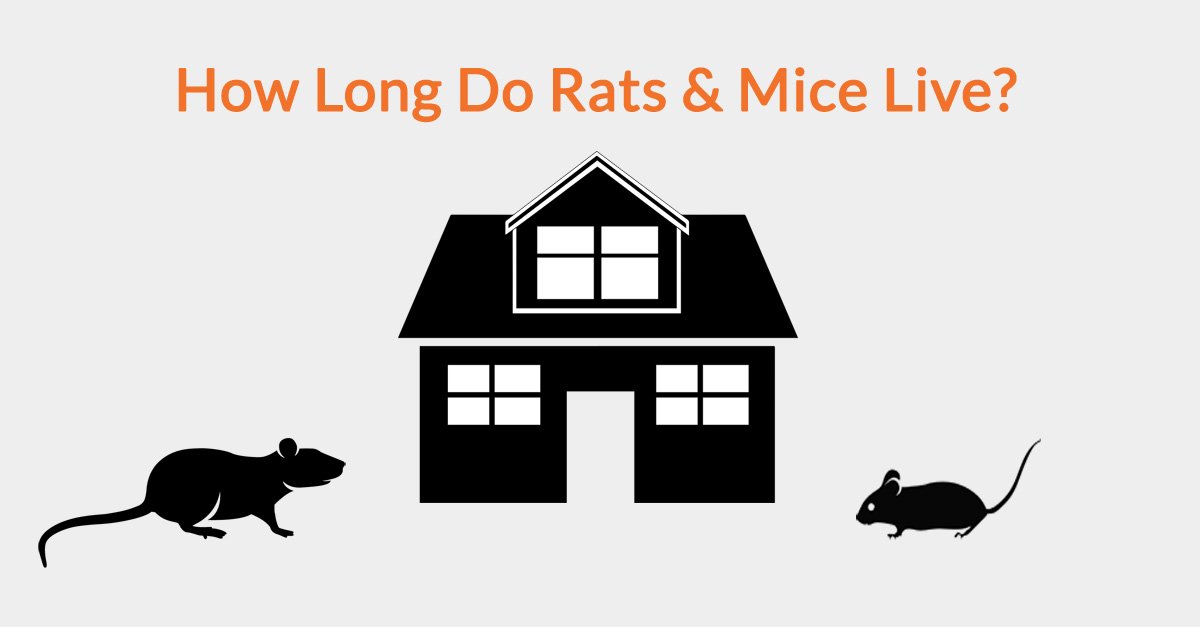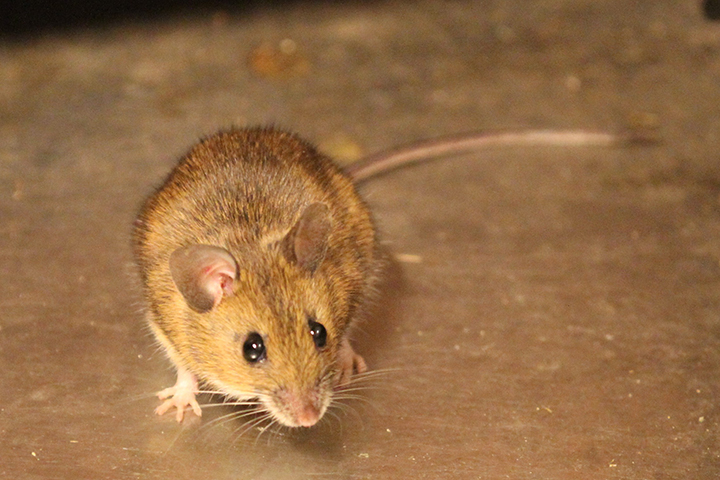
Inside a house that provides shelter and plenty of crumbs or stored goods the average lifespan of a mouse is about two years. After rodent-proofing the building any animals who remain can be live-trapped during mild weather and released nearby.

As long as the pests have access to food and water the only real threats to their survival are disease and humans or pets.
How long do house mouse live. A house mouse that you will typically see around your home can live anywhere from six months to around two years. Six months is closer to the average amount of time they live but if they have ideal living conditions including plenty of food water. How Long Do Mice Live in the Home.
House mice have adapted to thrive around humans. Inside a house that provides shelter and plenty of crumbs or stored goods the average lifespan of a mouse is about two years. As long as the pests have access to food and water the only real threats to their survival are disease and humans or pets.
Discover How Long House mouse Lives. We use the most recent data from these primary sources. AnAge UMICH Max Planck PanTHERIA Arkive UKC AKC.
While mice in the wild seldom live for more than one year a pet mouse can live for up to 3 years. Choose quality baby or adult mice from a local small breeder for optimum health. A clean cage healthy food and regular exercise will help pet mice live long and healthy lives.
Long-living mice decorative and domestic are in good conditions. They can on average comfortably and happily live to five years. As already mentioned above in nature the mouse lives negligible.
Realizing this it is anthropogenic animal which is strongly attached to man. Getting to his house the time of her life immediately increases. This is due to the fact that there is a fixed comfort.
House mice usually live less than one year in the wild due to a high level of predation and exposure to harsh environments. In protected environments however they often live two to three years. House Mouse Life Cycle Reproduction.
The house mouse is known for its ability to reproduce very quickly. A single female is capable of producing up to eight litters per year with an average of six pups per litter. After a 21-day pregnancy these house mouse pups are born naked blind and dependent upon their mother for everything.
At about 21 days the young are weaned from their mother. A mouse who lives outdoors in their natural environment can live up to 2 years. However a mouse that is kept as a pet and left in a cage where they are safe from all of their natural predators and have all of the food and water they need for their entire life usually lives up to three to four years.
Mice are much more dependent upon food than water. They can only go 2-4 days without food of some sort. Keep in mind that this does not mean.
A house mouse will rarely live more than a year in the wild but in a protected environment with food and water such as a house it can live up to three years. To catch and release a mouse in your house first try to determine where the mouse spends its time by looking for clues such as droppings or nesting material. Once you know where the mouse is likely to be set up a humane mouse trap which you can purchase in a hardware or home supply store.
To attract the mouse bait the trap with some peanut butter oatmeal or nuts. The Lifespan of a House Mouse. The average house mouse lives less than a year in the wild.
Outdoors it can succumb to predators and starvation. In a cozy indoor dwelling the lifespan of the house mouse is 1-2 years. Thats because of favorable factors like.
When mice have access to water they use it of course but most of the time they can live with very few or with no water at all as they get it from the food they eat. And how long can mice live without water. Mice can live for 4 days without water in the wild world and not more than 3 days in a cage.
Mice can easily find water inside the house. In a wild world mice get water from fresh. Mice are quite aggressive towards each other and fights are frequent.
They construct a system of tunnels to live in which may be quite simple or more complex with several chambers and exits. Females are able to produce up to 10 litters in a year each with between four to eight young. Within three weeks of birth the young mice are independent.
This is what I learnt from having a pet hamster another type of rodent A hamster will starve to death without food for around 45 days. It would thirst to death without water for 25 days they become significantly dehydrated after just a f. And just like the breeding output increases if a mouse takes refuge in your home so does the length of their life.
While the average mouse lifespan is only about 12 months outdoors indoors this number can climb to 2 to 3 years. This is because indoors mice arent exposed to. During its life cycle a house mouse will have 7 or 8 litters each giving between 4 and 16 babies.
They wont hesitate to invade your home to get an easy access to food and shelter. The life expectancy of a house mouse is 2 to 3 years maximum. House mice are usually active at night.
October 24 2017. Long enough up to a month but as a rule they always find food. The mice is an animal mammal a detachment of rodents and suborder of mice.
Rats by the way are very similar to mice and belong to the same suborder. A detachment of rodents is one of the most numerous. Live-Trapping Mice and Rats.
After rodent-proofing the building any animals who remain can be live-trapped during mild weather and released nearby. Live cage or box traps are humane so long as they are checked hourly. Mice and rats can die from stress-induced disorders exposure or dehydration in just a few short hours.
Traps should be scrubbed with a mild bleach solution to eliminate food.